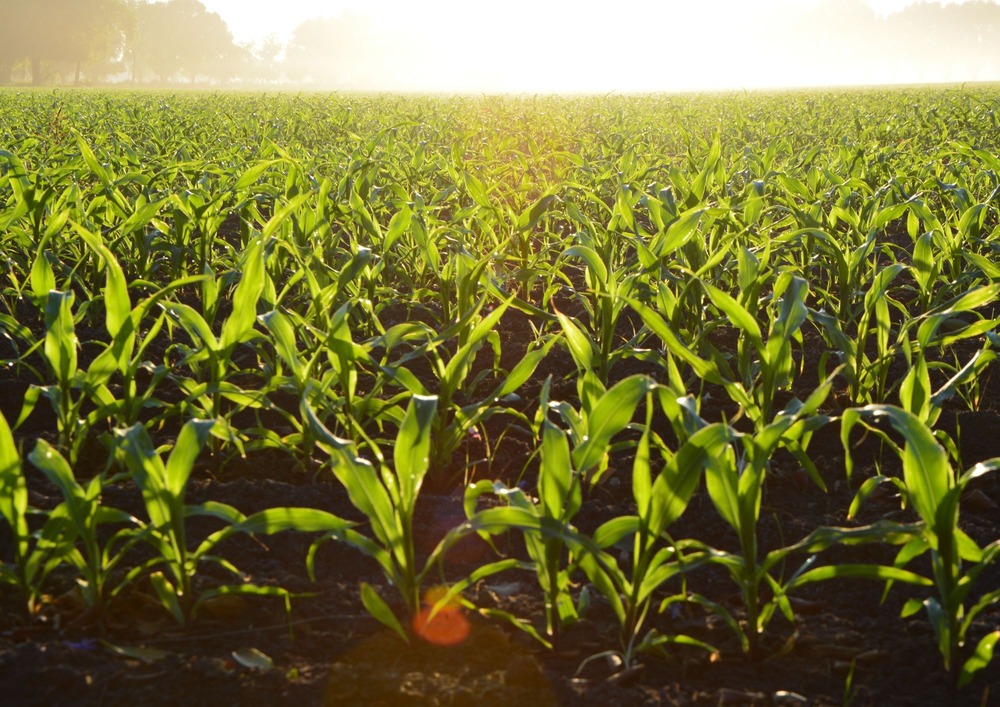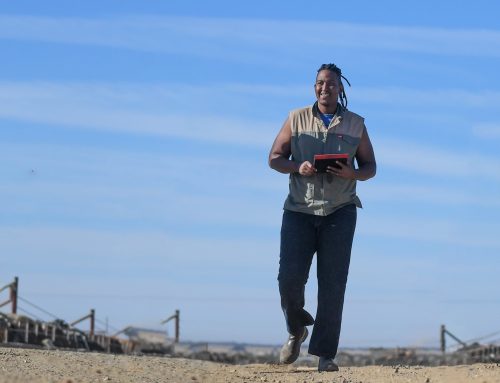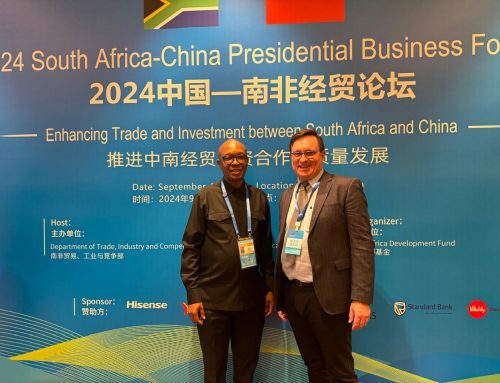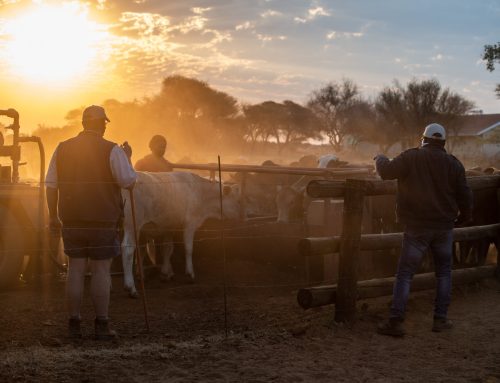Beef player urges value chain to remain committed to producing affordable food to ensure business sustainability
In a recent move, the South African Reserve Bank raised the interest rate of the country by 50 basis points, reaching 8.25%, which marks the highest level in the past 14 years.
According to Roelie van Reenen, a supply chain executive at Beefmaster Group, this development adds further hardship for already financially challenged consumers. The impact of this situation will be felt by all stakeholders, particularly considering the significant increase in food prices, which reached a peak of 14% in March 2023.
“Increasingly consumers have less money to spend. With financial budgets under pressure, they are making significant trade-offs in their shopping choices due to financial constraints. This is impacting the agricultural and beef value chains,” says van Reenen, adding that beef prices have declined, but the price reduction has not yet reached the consumer.
Van Reenen claims that the reason behind this is the extremely challenging working conditions faced by producers, and it is anticipated that the difficulty will persist throughout the remainder of the year.
“It is a fact that we have to tighten our belts and brace ourselves for a prolonged period of challenging conditions,” says van Reenen. “I anticipate at least six to eight months of tough times ahead. However, we must remain optimistic and focus on producing cheaper, smarter, and more market-oriented products to protect our industry.”
Additionally, there has been a decline in herd sizes, and the lack of adequate disease prevention measures such as foot-and-mouth disease (FMD) has led to the loss of export markets. Consequently, there is an excess supply of beef in the local market. Compounding the situation further, is the energy crisis, which poses challenges in aligning production with consumer affordability and demand. For instance, Pick ‘n Pay, a prominent retailer, recently disclosed that it has incurred a total expenditure of R522 million on diesel, resulting in a net amount of R430 million after factoring in electricity savings initiatives.
“While it is a positive step that the South African Revenue Service (SARS) recently extended the diesel refund to manufacturers of foodstuffs who are struggling given the power cuts, we hope to see these measures materialise into real relief,” says van Reenen.
The decline in the value of agricultural commodities, particularly grains, has exacerbated the situation. Global markets are on the verge of a recession, and this has impacted grain demand, with Southern American producers providing discounts just to shift their surplus stock.
“The reality against this environment is that agricultural players – farmers, food producers, industry stakeholders – must adapt and produce a cheaper product to cater to price-sensitive consumers. Failure to do so could have dire consequences for the industry.”
Van Reenen believes that producers should collaborate more closely with their customers to learn what they want and need in the current climate, and then tailor their goods accordingly. He also emphasizes the significance of teamwork and coordination in disease control and animal protection measures. Clean and well-managed operations in the immediate community will aid in the development of a reputation for goods of superior quality.
“Work with those who have skin in the game and ensure they have a vested interest in the industry’s success and shared accountability,” concludes van Reenen.
There is a crucial need for all participants within the value chain to maintain their commitment to producing affordable food. Ensuring business sustainability hinges upon the collective efforts of producers, suppliers, and retailers to navigate the current circumstances. By addressing the difficulties faced by producers, implementing effective disease prevention measures, and adapting to the energy crisis, the value chain can work towards a stable and sustainable future.
Ultimately, the provision of accessible and affordable food remains a shared responsibility that requires collaboration and innovative solutions to overcome the hurdles and secure the long-term viability of the beef industry.






